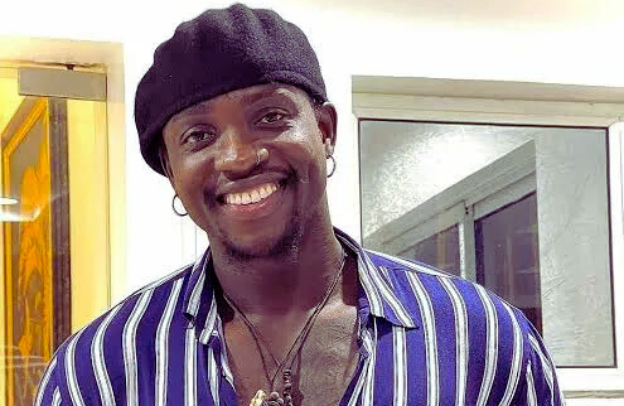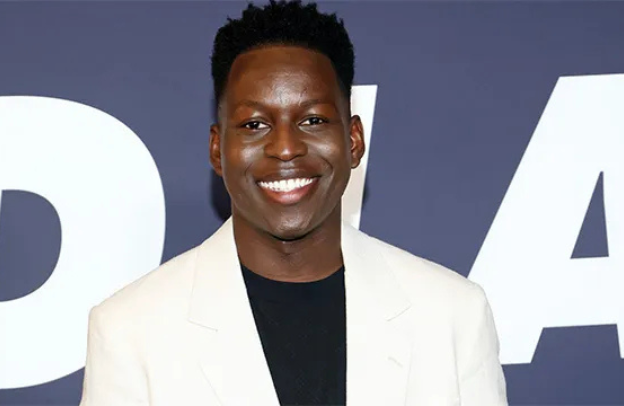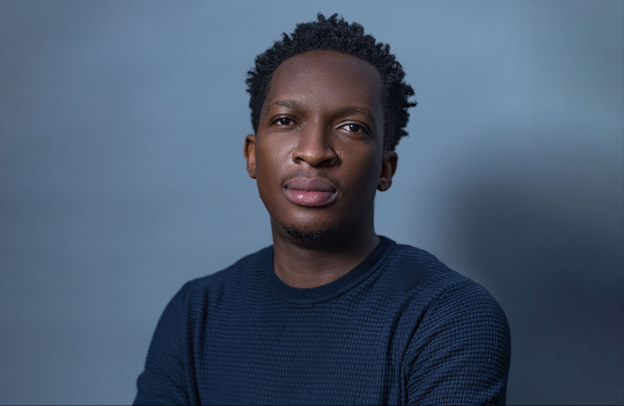General Murtala Muhammed, The 4th Head of State of Nigeria – 1975 To 1976

Murtala Mohammed remains one of the fearless, incorrigible, and vindictive leaders of Nigeria. Though his reign was short-lived by the bloody coup of 13 February 1976, fragments of his works were felt by Nigerians until later years and his unfulfilled plans were rightfully implemented by his successor.
Want to learn more about storytelling? Start by downloading the first chapter of The Storytelling Mastery for Businesses.
The bloody coup of February 13, 1976, can be said to have indeed robbed Nigeria of a charismatic leader like Murtala Mohammed, who set out to relinquish power to a civilian government. The mishaps brought on by the first military coup of 1966 encouraged Murtala Mohammed to feature the military rebellion that became successful after months of its planning.
His Early Life
Murtala Mohammed was born on 8, November 1938 to Muhammad Riskuwa and Uwani Rahamatu in Kurawa, Kano, Nigeria. He was the second of eight children and was earlier known as Murtala Rufai Mohammed, but he adopted a name change at his ascendancy to power as the Nigerian Head of State and became known as “Murtala Ramat Mohammed. The name “Ramat” was derived from his mother’s name Ramatallah, meaning “God’s mercy” and he then shortened it to “Ramat.”
Being from a religious ruling family in the North, Murtala Mohammed received a Koranic education that brewed him into a full-fledged Muslim.
However, his first formal education took off in the early 1940s at Cikin Gida Elementary School stationed right in the emir’s palace in Kano.
Later, he was transferred to Makama Primary School, a few miles away from the emir’s palace in Kano. From there, Murtala Mohammed was admitted alongside other 941 students to Barewa College, formally known as Government College, Zaria, in January 1952.
The ride throughout his secondary school was smooth and five years later, Mohammed graduated with his secondary school leaving certificate. However, during his period in Barewa College, Mohammed joined the cadet corps, showing first his desire to become a military officer.
That thread of passion to become a soldier led to Murtala Mohammed’s application to join the Nigerian army in 1958. Following the approval of his application, Murtala Mohammed was among the students moved to acquire intensive training at the Regular Officers Training School; today known as Ghana Military Academy, in Ghana.
The following year, 1959, Murtala Mohammed was among the students at the college who moved to expand their military training at Sandhurst Military Academy in England.
This series of training prepared him into a full-fledged military man, hence in 1961, after his return to Nigeria, he was ranked a second lieutenant officer and was given a Nigerian Army decoration.
In 1962, the war raging on in Congo prompted Murtala Mohammed to serve among the Nigerian-led peacekeeping forces of the United Nations under No.3 Brigade Signal troops. Also, General Murtala Mohammed was made an aide-de-camp (ADC) to M. A. Majekodunmi, the federally appointed administrator of the Western Region.
Moses Majekodunmi to administer the western region after a state of emergency was declared by the federal government, during the period of political crisis. The crisis started because of the disagreement between the leaders of Action Group, Obafemi Awolowo and Samuel Akintola.
Later in 1963, Murtala Mohammed advanced his course in telecommunications at the Royal of Signals at Catterick Garrison, England after he was made the officer in charge of first Brigade signal troops in Kaduna, Nigeria. With the advanced skill acquired, Murtala Mohammed was swiftly promoted to major upon his return in 1964 and was also appointed the commanding officer of the First Signal Squadron in Apapa, Lagos.
Murtala Mohammed was favored in 1965 after he was made acting chief of signals in the Army.
During The 1966 Coup and After the Coup
The 1966 coup came suddenly and totally unexpected, Murtala Mohammed was in total disagreement with the coup featured by Ifeajuna Kaduna Nzeogwu as it was tagged an “Igbo coup.” The coup which literally led to the killings of many Nigerian politicians then brewed the wrath of other military men that was taken by surprise at the turn of events.
While in Lagos during this period, Mohammed strove to tackle the situation and bring justice to his Northern brothers he felt were unjustly murdered, and so he began a series of investigations for a grip on the plotters of the coup. He made it a point to arrest Kaduna Nzeogwu the very minute he arrived in Lagos after submitting power to Aguiyi Ironsi, who then became the first military head of state.
During Ironsi’s stay in power, he made sure to pacify all the northern soldiers who were embittered by the coup. Therefore, Ironsi promoted Mohammed to Lieutenant colonel and Nigeria Army inspector of Signal. He promoted other soldiers to senior positions as well.
Despite this, the northerners as well as Mohammed held on to their displeasure, on the night of 29, July 1966, they staged a countercoup which led to the ousting and death of Aguiyi Ironsi along with other officers’ the majority of whom were Igbos.
Details about this countercoup were neatly plotted in Mohammed’s house in Lagos with his northern brothers and was successfully executed at Abeokuta. He made sure to protect his northern brothers by sending them back to the north, where safety was undoubtedly assured.
Though, one of Mohammed’s aims for launching the bloody counter-coup was to secede the northerners from Nigeria, however, little success was made in that as civilians such as Sule Katagum, and Musa Daggash who held prominent positions in the government advised that unity is what Nigeria needs.
Afterward, Yakubu Gowon was appointed the Head of State, much to the displeasure of Mohammed, considering the British government’s support for Gowon’s appointment. However, Gowon made a generous attempt to pacify Mohammed by giving him a promotion in the military.
As we will soon understand, this was not totally ok with Mohammed as he would overthrow General Yakubu Gowon on 29 July 1975, while he was attending the 12th summit of the Organization of African Unity (OAU) in Kampala, Uganda.
The Period Of The Civil War And the Post Civil War
General Murtala Mohammed was among the key players in the Nigerian army during the period of civil war. The war, known to be one of the bloodiest civil wars ever fought in modern times, claimed over a million lives. Some estimated about 3 million lives were lost, mostly Igbos, with the Federal Military Government being victorious after Ojukwu’s surrender.
During the start of the war, Mohammed was appointed, the General Officer Commanding (GOC) of the 2nd division in Lagos. Charged with the responsibility of slaying all Biafrans in the mid-west region, Murtala Mohammed and his troops murdered many unarmed Igbos, leading, including to what is today known as the “Asaba Massacre” which occurred in October 1967 in Asaba, Delta State.
The recorded success urged him to seek access to the city of Onitsha, but he was met with stiff resistance by the Biafran army. The destruction of the Niger bridge which was the only land through which they can gain entrance into the Eastern region, led to the deaths of most of his men in the river Niger.
At the victorious end of the civil war, Murtala Mohammed attended Joint Service Staff College in England and by 1971, he was made brigadier general. He took charge of the signal units from 1971 to 1974. During this period, Murtala Mohammed sometimes opposed the rules or actions of the Head of State, Gowon.
By 1974, Gowon appointed Mohammed as the federal commissioner of communications, coupled with his duties as the inspector general of signals in Lagos.
Despite these on the 29th of July, Gowon was overthrown and then Mohammed took over as the new Nigerian military head of state. However, Murtala Mohammed’s stay in power was shortened after his assassination after staying only 200 days in office.
His legacy and remembrance
Murtala Mohammed’s brief but impactful tenure left a legacy in Nigerian history. He was known for his strong stance against corruption and his commitment to social justice. His “War Against Indiscipline” campaign aimed to instill discipline and order in Nigerian society is still remembered by many to date.
While his time in office was short, his efforts to address pressing issues like corruption and inefficiency in government continue to influence Nigerian politics and governance. His tragic assassination cut short his potential impact, but his memory lives on as a symbol of leadership and reform in the country.
Want to learn more about storytelling? Start by downloading the first chapter of The Storytelling Mastery for Businesses.





